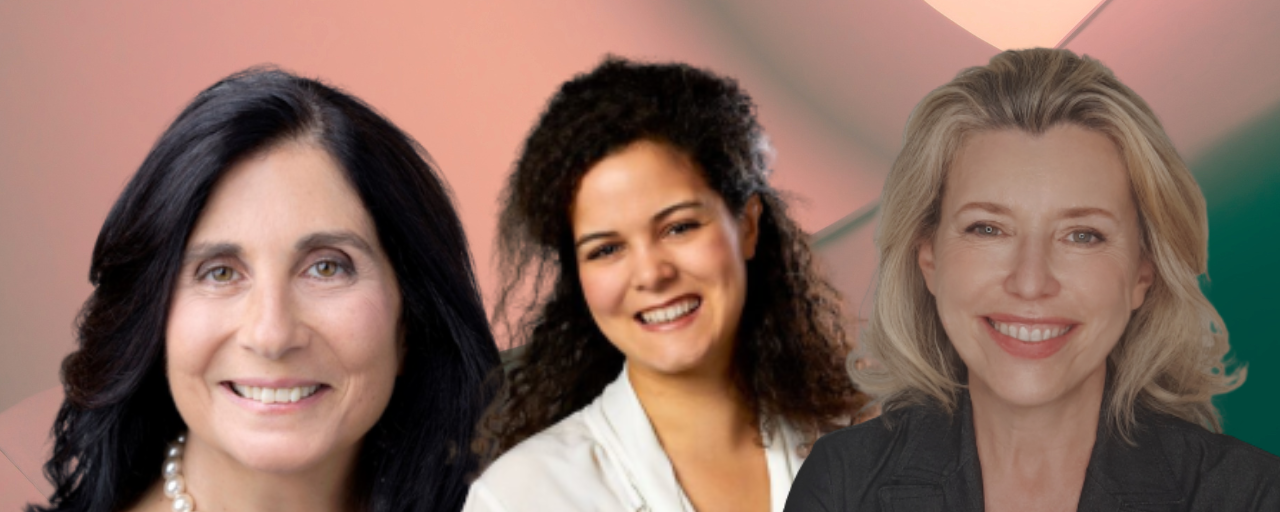In 2021 they will meet business angels from Italian Angels for Growth. Silvia Pugi and Diana Vaturi, IAG Champions for this investment, have chosen to accompany and support them on this path.
Elisa Piscitelli
What is Futurely and how did it come about?
Futurely is a digital platform of personalized, gamified online courses that help boys and girls finishing middle school and high school choose their path to college/ITS and their future. The courses are made by kids for kids and maximize student engagement through a mix of interactive exercises, video tutorials, expert videos and 1-1 meetings with mentors, and the tailoring of content based on the individual's previous responses.
Futurely maximizes the 3Cs: awareness, curiosity, and courage, reducing faculty and university changes, dropout, and, consequently, unemployment.
Futurely was born because a couple of years ago I began meeting dozens and dozens of 17-year-olds stuck in fear of making the wrong college choice, alone, unaware of the many educational opportunities, and driven by stereotypes. I for one experienced this firsthand.
In 2021 meeting with IAG business angels who choose to believe and invest in your project. What value do you recognize in Silvia and Diana? How important is it to have good investors on your side?
Silvia and Diana are fantastic because on the one hand, with monthly meetings, they give us their outside perspective on financials and metrics, pointing out timely strengths and improvement, and on the other hand they connect us with IAG investors and their personal networks helping especially in lead generation (B2B). It is important to have specific help requests for your investors, this is the best way to have an extra resource to increase the startup's chances of success.
A friend who works with Elon Musk told me one day, "If you only ask investors to invest, you ask too little. Investors are part of the team; it is important to select those who can also help you in business development." I am convinced that IAG, and in particular Silvia and Diana, are the kind of investors that all Italian startups should seek out.
According to the 2022 edition of the national survey on the lifestyles of adolescents living in Italy, conducted annually by the nonprofit association Laboratorio Adolescenza and the Iard Research Institute, there has been a 3 percent drop in the number of students enrolled in university, and Italy is second to last in Europe in terms of graduation rates. How can this trend be reversed and what are Futurely's future goals?
Futurely's goals are as follows.
- Reduce faculty and university changes from 20 percent to 10 percent
- Reduce early school dropout from 20 percent to 10 percent
- Reduce unemployment, to date 9%
In fact, we have seen that changing faculties and universities, delaying graduation, and dropping out of studies depends on whether the motivation behind the choices made on educational paths is not mature enough.
We do not necessarily want to increase university enrollment and graduates because' there are alternative paths, such as ITS, that are just as good. Rather, we want each girl and boy to choose their future calmly and boldly.
Silvia Pugi
Manager with international experience in marketing and sales, in large companies, startups, nonprofits. Angel investor eboard member. Today Head of Corporate Social Responsibility at Manageritalia. How did you approach the world of business angels by joining Italian Angels for Growth (IAG) in 2019?
In my career I have often found myself in startup situations: I was one of the first employees of Vodafone and then Fastweb, I managed business unit turnarounds, and I worked in a startup where I was among the founders. I find the creativity and energy in young companies exciting.
At the same time, working with startups is an opportunity for continuing education, a way to get in touch with new technologies, new business models, new trends.
How did the decision to support Elisa and Futurely in the development of their project come about?
In my work I deal with sustainability and follow various projects for young people and schools, so I know well how strong the need is that Futurely responds to on the one hand, young people are struggling to choose which study path to take, and on the other hand, companies are not finding the skills they need on the market.
Futurely helps kids make informed choices about what to "do when they grow up," guiding them toward paths of greater personal and professional satisfaction. Families and companies thank you!
IAG members have co-invested in FUTURELY with Angels4Women. A concrete step to support innovative female entrepreneurship. What advice would you give to a woman who wants to embark on an entrepreneurial path of innovation?
To a woman who wants to start a company, I would say just do it. Entrepreneurship and innovation have no gender, only merit: the market will decide whether the business works or not.
The numbers tell us that the startup world is still very male-dominated, but since IAG and A4W have lit a cone of light on startups with a female presence among the partners, we have met so many talented women.
I would say that Elisa, the founder of Futurely, is a good role model to follow!
Diana Vaturi
Diana, you are a majority partner and CEO of Bambinopoli, one of the first female-led digital startups founded in 2001 with a focus on tourism and family experiences. Previously, you worked for 10 years at McKinsey and even before that at Pirelli. What were your reasons for approaching the world of business angels by joining Italian Angels in 2020?
The truth is that I have always been close to the world of start-ups and those related to new technologies, since the birth of Bambinopoli I can't (and can't) not keep up. Professions change, schools change, and with two daughters who have been in the workforce for a few years now, I couldn't lose touch even if I wanted to!
Joining IAG has allowed me to have a more structured and in-depth approach to the subject and, why not, to give input on the things I know best through personal experience (particularly in the digital world).
What value do you recognize in Elisa and the Futurely team? How important is the entrepreneurial ability of the founders to the success of a startup?
For the success of a startup, in addition to "good ideas" and skills, which are obviously essential, you need something intangible, what in English is called drive, a mixture of unwavering faith in what you are doing, perseverance, passion and optimism, and the ability to communicate these feelings to others. So, without prejudice to the necessary skills (but this is a requirement that almost all startups that make it to the final stage of IAG meet), these are the plusses that I found in Elisa, for me indispensable for the success of a startup.
According to Confartigianato, Italian women are the most "enterprising" in the European Union: Italy has 1.4 million self-employed women placing itself ahead of France's 1.2 million and only 1 million in Germany and Spain. Are women entrepreneurs no longer an exception or is there still much to be done in this direction?
No, they are no longer an exception, and that is a good thing, let's say the glass half full. The glass half empty is the that the reason why there are so many women entrepreneurs is because they often do not have a choice if they have to balance work and lifestyle, because on the one hand the corporate mentality in Italy does not support enough women who decide to have a family and a career, and on the other hand the often poor public infrastructure does not allow enough flexibility.








